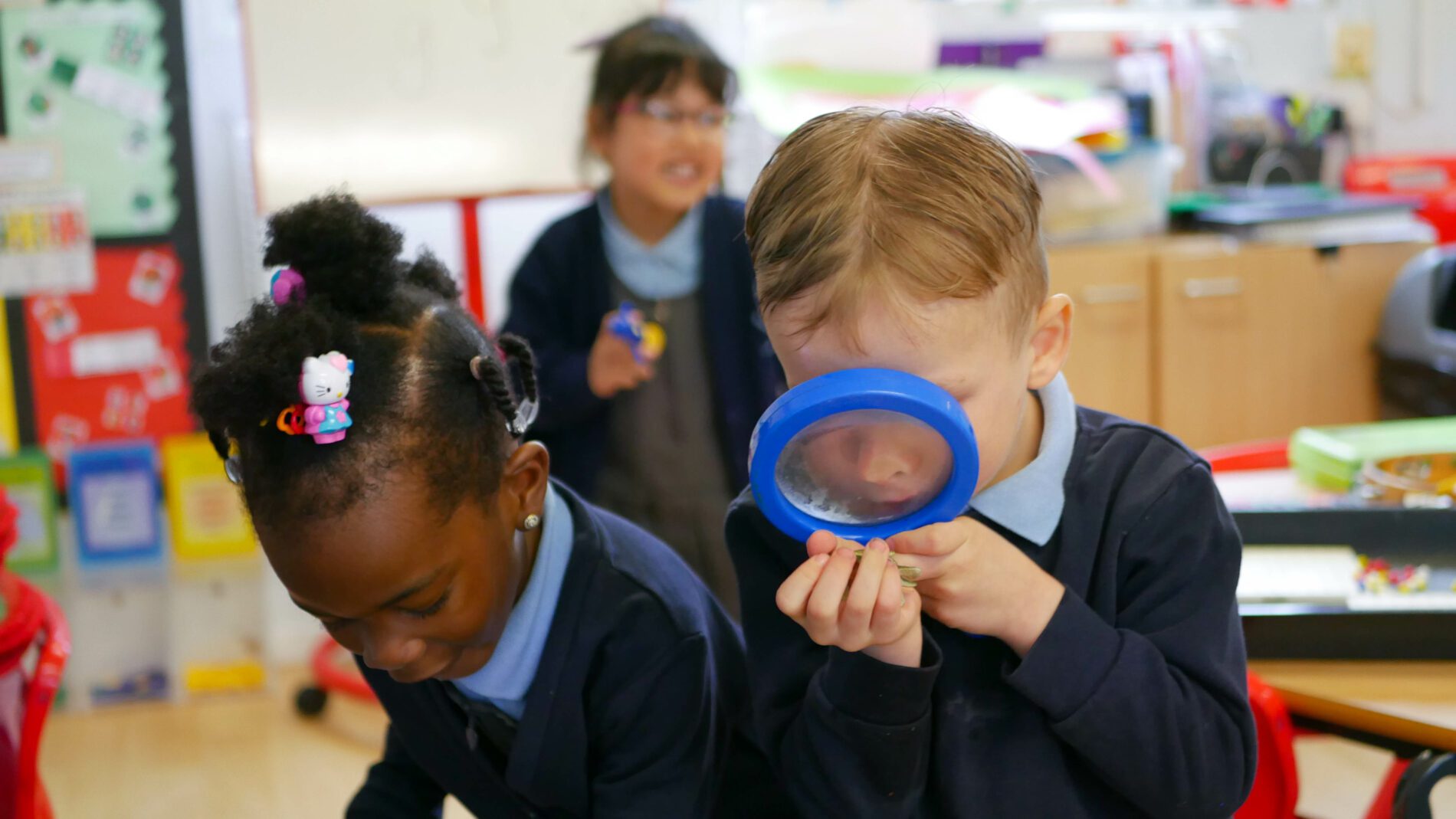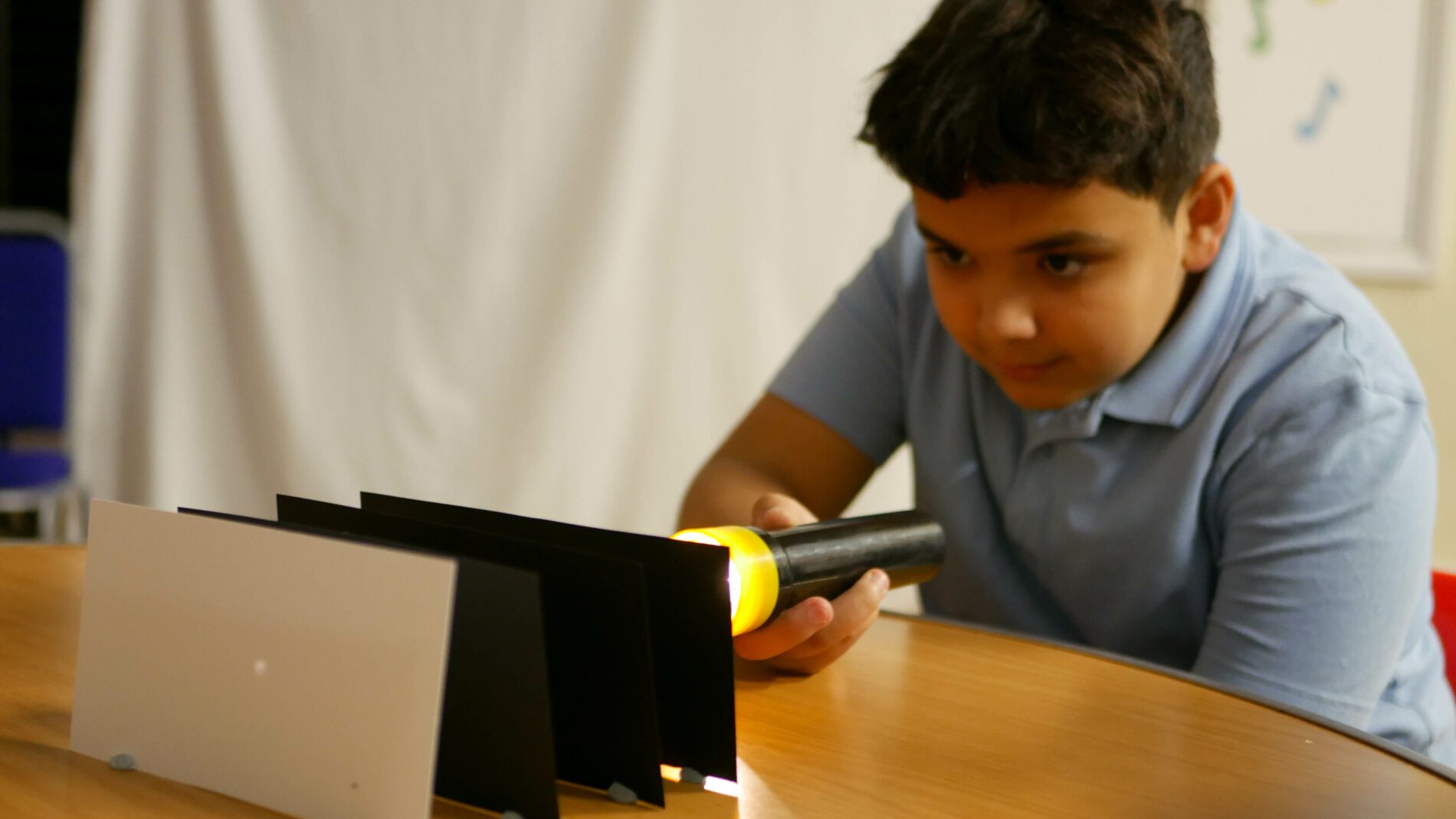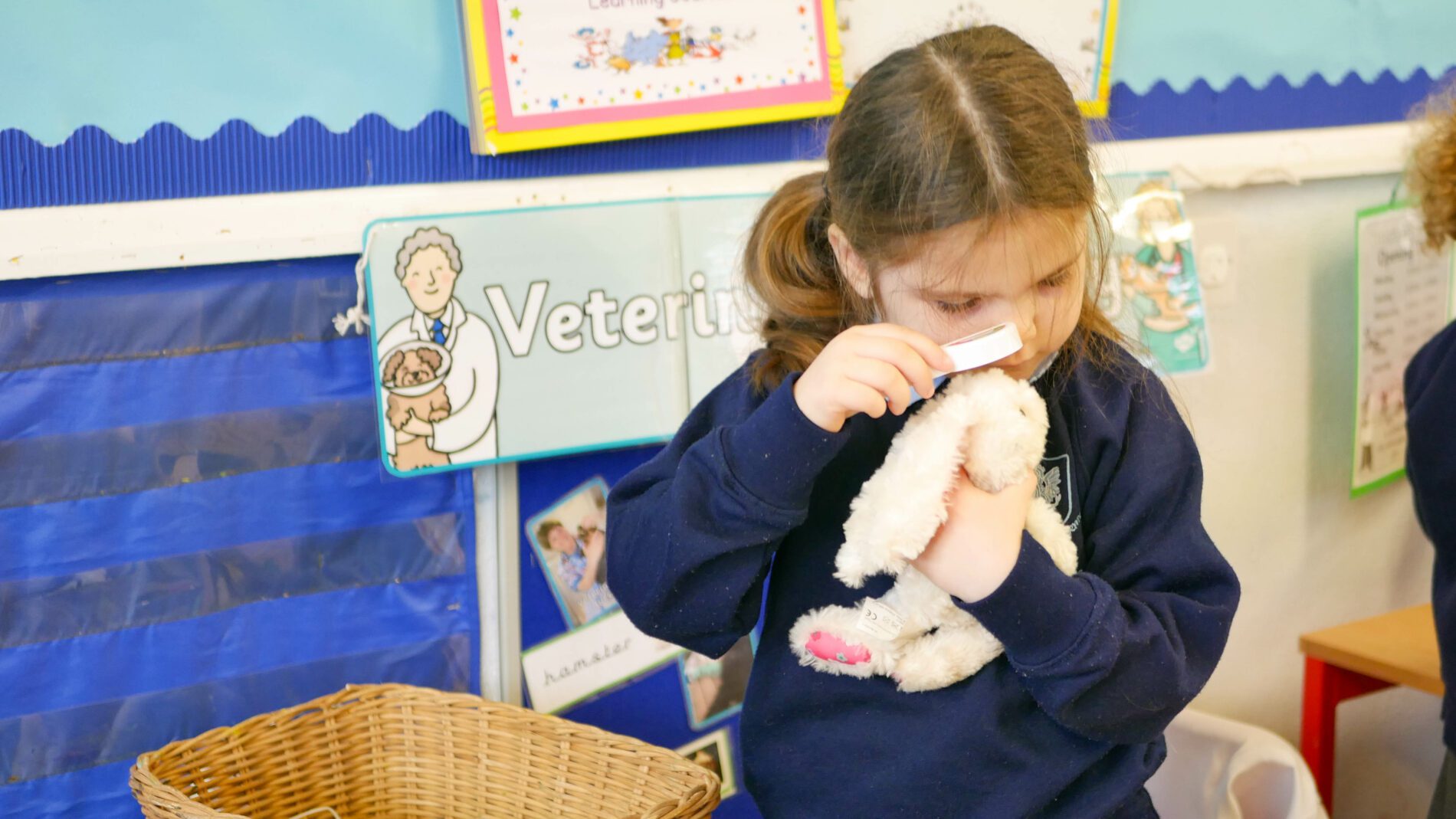Science Subject Leader: Mr D Easton
To develop a curiosity about how things work in the world around them. Children will ask questions about the nature, processes and methods of science in order to develop their own skills of scientific enquiry. They will gain a wide of scientific knowledge.
Intent
At Rosherville we help pupils develop a curiosity about how things work in the world around them. We expect children to will questions about the nature, processes and methods in science in order to develop the skills of scientific enquiry.
Through a clear, progressive programme of work, children will develop their scientific vocabulary, deep knowledge and the skills they need.
Our Curriculum, based on the national curriculum for science, aims to ensure that all pupils:
- develop scientific knowledge and conceptual understanding through the specific disciplines of biology, chemistry and physics
- develop understanding of the nature, processes and methods of science through different types of science enquiries that help them to answer scientific questions about the world around them
- are equipped with the scientific knowledge required to understand the uses and implications of science, today and for the future


Implementation
Our Science curriculum is taught through a carefully planned progression of topics that allow children to learn a broad range of skills. Emphasis is placed on learning and using the correct scientific vocabulary so that children can think and speak like scientists. Curriculum themes such as Exploration, Comparison and Global Responsibility are explored through the topics that are delivered. Children learn to use a range of scientific skills that enable them to make predictions, investigate, record results and draw conclusions. Knowledge organisers support the learning process and link what has been previously learnt to the current learning.
Impact
Children are excited about their learning and are effectively challenged and supported to reach their full potential. Children are conscientious and have respect for the world around them. Children are able to talk about their learning confidently, using scientific vocabulary and displaying long-term memory about key concepts. Curriculum monitoring shows that learning is comprehensive and logically sequenced, with no gaps in teaching and learning. Science teaching is effectively adapted for SEND and challenge.

Science in Each Stage
At EYFS, pupils will show curiosity about objects, events and people by exploring, playing and engaging in new experiences around Science. Pupils will handle equipment and tools effectively while learning about animals, plants and vehicles.
In KS1, pupils will explore the world around them, be able to ask relevant questions and set up simple practical equipment. Pupils will be able to identify, describe, compare and name a variety of common animals.
In KS2, pupils will learn a range of different topics including plants, animals, humans, nutrition, fossils and more. This helps pupils to develop a deeper understanding of scientific ideas.
Science Progression
We develop our pupil’s Science understanding through essential skills; growing their depth of knowledge year on year. Through the use of ‘end of year expectations’, we are able to monitor their progress and allocate extra support and adaptations to the curriculum for pupils to maintain a strong Science education.
SEND Information
Our SEND and disadvantaged pupils are given the necessary support in class to fully access the supported Science curriculum. Learning is adapted where necessary to support SEND/EAL pupils to give equal opportunities for all to be confident in approaching any problems faced. Interventions, support and challenges are constantly revised and adapted to ensure all children are supported in achieving learning. The above areas are robustly and continuously monitored to ensure any gaps in learning are addressed.

